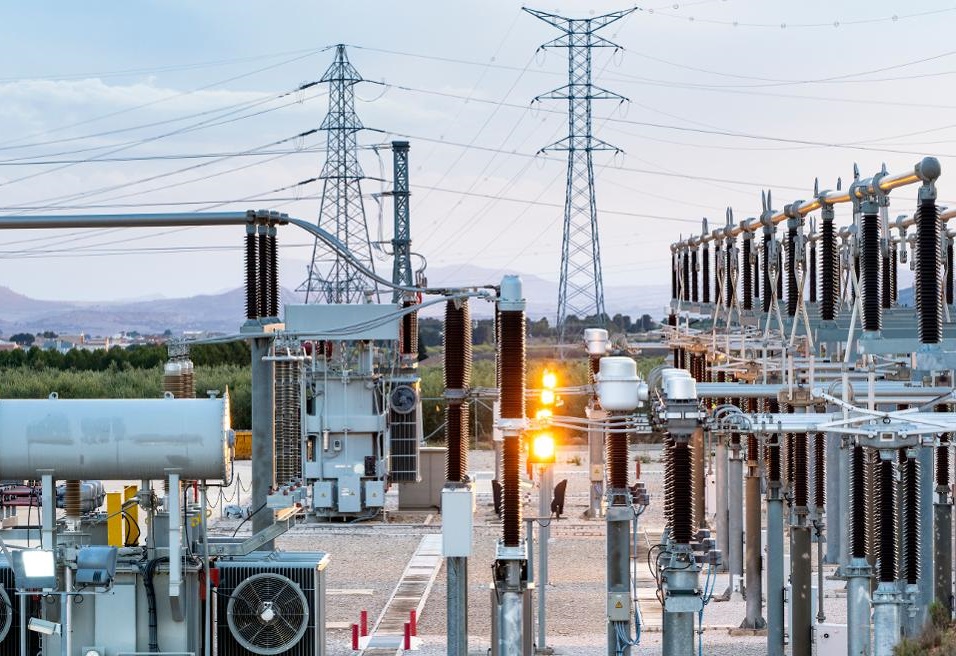Business
Nine Hydropower Projects To Add 2,672MW To National Grid – FG

The Federal Government has outlined nine completed and ongoing hydropower projects being prepared to add 2,672 megawatts of electricity to the national grid.
It outlined the projects in its latest document containing the status of the country’s hydropower sector, which was obtained from the Federal Ministry of Water Resources in Abuja on Monday.
Data from the ministry showed that the nine projects were located in five states including Kaduna, Taraba, Gombe, Benue and Nasarawa.
They include the 30MW Gurara I hydropower project in Kaduna, completed and put on concession; 360MW Gurara II plant, also in Kaduna, with its engineering, procurement and construction contract already awarded.
Others include the Kashimbila, Dadin-Kowa and Itisi hydropower projects with capacities of 40MW each and located in Taraba, Gombe and Kaduna states respectively.
The government said both the Kashimbila and Dadin-Kowa hydropower projects had been completed and were ready for concession, while a Memorandum of Understanding had been signed with Kaduna State on the Itisi project.
It said three other hydropower projects, namely, Bawarku, 182MW; Makurdi, 1,500MW; and Katsina-Ala, 460MW, were all located in Benue State.
The ministry stated that the Bawarku Hydropower project was in its Outline Business Case approval stage by the Infrastructure Concession Regulatory Commission, while the Makurdi project was undergoing re-validation of the ICRC certification.
The Outline Business Case for the Katsina-Ala Hydropower project was currently ongoing, according to the document.
The government named the ninth power plant as the 20MW Farin-Ruwa Hydropower project in Nasarawa State, adding that the facility had been awarded and would soon add to the quantum of electricity on the national grid.
“Nigeria has a hydropower potential of 12,220MW, unfortunately, less than 2,000MW of this has been developed at Kainji, Jebba and Shiroro dams,” the document stated.
It added, “This explains the urgency of harnessing the nation’s hydropower potentials to meet the country’s power needs.”
The ministry said since 2015 it had pursued the goal of completing the many inherited hydropower projects across the country and had recorded successes in this direction.
This came as the Minister of Water Resources, Suleiman Adamu, explained that the Federal Government was not privatising its dams, rather some of the facilities were on concession, particularly those for power generation.
Business
Fidelity Bank To Empower Women With Sustainable Entrepreneurship Skills, HAP2.0
Business
President Tinubu Approves Extension Ban On Raw Shea Nut Export
Business
Crisis Response: EU-project Delivers New Vet. Clinic To Katsina Govt.
-

 News2 days ago
News2 days agoAmend Constitution To Accommodate State Police, Tinubu Tells Senators
-

 Politics2 days ago
Politics2 days agoSenate Urges Tinubu To Sack CAC Boss
-

 News2 days ago
News2 days agoDisu Takes Over As New IGP …Declares Total War On Corruption, Impunity
-
Business3 days ago
President Tinubu Extends Raw Shea Nuts Export Ban To 2027
-
Business3 days ago
Crisis Response: EU-project Delivers New Vet. Clinic To Katsina Govt.
-
Business2 days ago
President Tinubu Approves Extension Ban On Raw Shea Nut Export
-
Sports2 days ago
NDG: Rivers Coach Appeal To NDDC In Talent Discovery
-
Rivers2 days ago
Etche Clan Urges Govt On Chieftaincy Recognition

